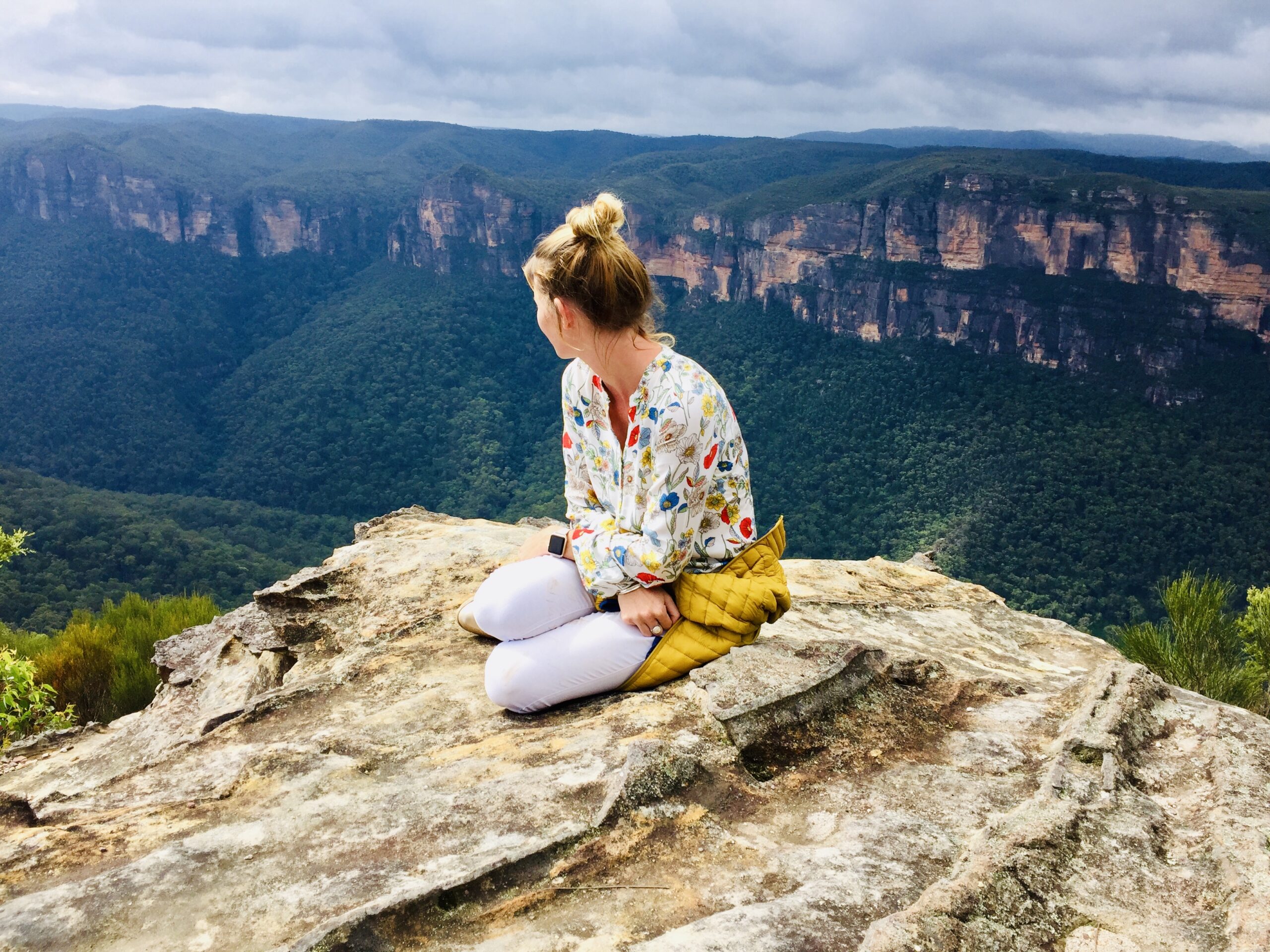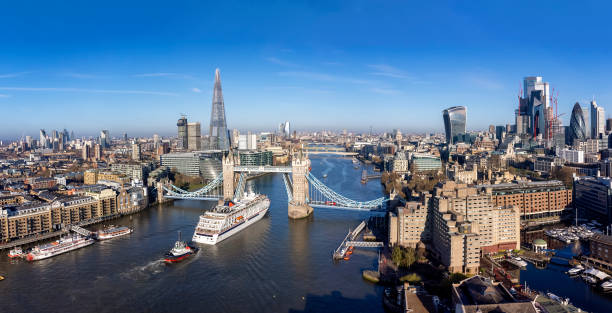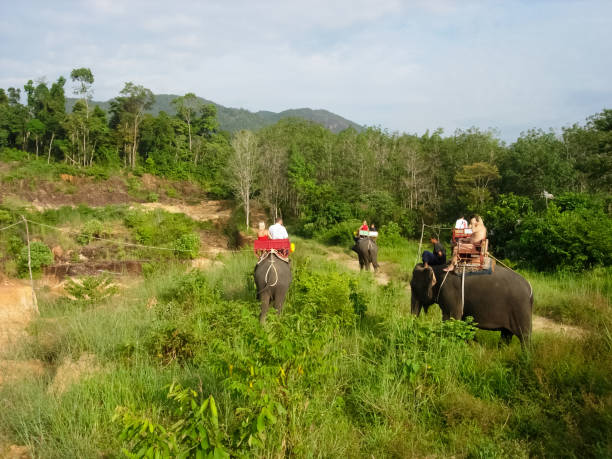7 Things You Must Avoid While Traveling
Travel can present a challenge when it comes to moral and ethical decisions. While we all desire to travel the world, we also want to positively impact the people, places, and animals that we visit. It can be difficult to make ethical travel decisions with global refugee crises, climate change, and mass extinction all making headlines. The good news is that the world remains a beautiful place, and it is arguably easier than ever to explore. These are some tips that travelers can follow to reduce their carbon footprint and do less damage. Continue reading to learn seven things that you should not do when traveling.
Do not feed wildlife.
While sharing breakfast with a mostly-tame monkey Bali and a raccoon at the campsite in Yellowstone is a cute Instagram photo, you should never feed any animal you see on the road. One, animals can be trained to depend on humans for food. Two, animals should not be fed. It is important to remember that wildlife can eat food suitable for human consumption. It would be best if you were not satisfied with how a tour guide or hotel treats tourists to attract them. It is illegal in many countries to feed wildlife. Fines are possible.
You must not take photos of other people without their permission.
Imagine that you were blogging at your desk, and a tourist with Nikon placed a wide-angle lens in front of your face. You wouldn’t be excited. It would help if you were the same for all people you meet while on vacation, especially children. A woman selling fruit at the market might make a great subject, but that doesn’t necessarily mean she is interested in being your model. What can you do to get someone’s picture? Talk to the person and put down your camera. If they refuse, politely ask them for permission to take a photograph. Photography is taboo in some cultures. Islamic countries prohibit photographs of religious artifacts and faces of Islamic women. Photographing mosques in Morocco requires permission. Many Asian countries consider photographing the soles of feet rude. Be aware of where you are before you remove your lens cap. Don’t assume that everyone is available for you to photograph.
Don’t litter.
This should be obvious, but we will say it anyway. Don’t dump your garbage on the ground or into the ocean even if you see other tourists or locals doing it. It is rude and dangerous to the environment to dump your trash on the ground. Many developing countries don’t have reliable trash pickup and recycling centers, so it is important to minimize the amount of waste that you produce. A good way to prevent this is to bring a refillable water container (instead of buying disposable plastic bottles) and a cloth bag (instead of accepting plastic bags at shops and markets). Many national parks and camping sites have strict rules about disposing of all garbage.
Avoid flying too often.
The fastest-growing contributor to carbon dioxide emissions is air travel. This is making the earth heat up at an alarming rate. While we don’t recommend avoiding flying, it is a wise decision to consider how many flights you will take in a given year. Although it may be more expensive to travel by car, train or boat, additional benefits include lower costs and a more relaxed trip (goodbye TSA).
Do not buy anything from overseas.
Although it takes some research to find the right destination, you should try to put your entire money into that local economy when you travel. This means staying in a locally owned hotel, dining at local restaurants and purchasing souvenirs made by local artisans. It is amazing to see how many craft markets across the United States, Europe, Asia and Asia sell products made in China. Look out for restaurants that source their ingredients from local farms and gardens. Spending your tourist dollars locally will help boost the local economy and maintain the community.
Do not take photos with animals.
You’ve probably seen photos of tourists smiling nervously while holding a cub or a leopard cub if you have used any dating app. These photos can be very adorable, but they also have serious flaws. Although there are rare exceptions, most of these animals were illegally poached at young ages and taken from their mothers to be kept in small cages. They can then be used as photo props until it becomes too dangerous to interact with people. Avoid elephant rides, crocodile farms and parks where you can swim with dolphins.
Don’t exploit people.
It is exciting and essential to immerse yourself in another culture and learn how they live. But do so respectfully. It doesn’t mean that you should take a guided tour to visit the favelas of Rio or an African tribe from Kenya. People are not objects, and they’re people. It would be best to look for an ethical excursion that celebrates or assists people. A dedicated guide can help you find the right cultural nuances and customs.




Post Comment